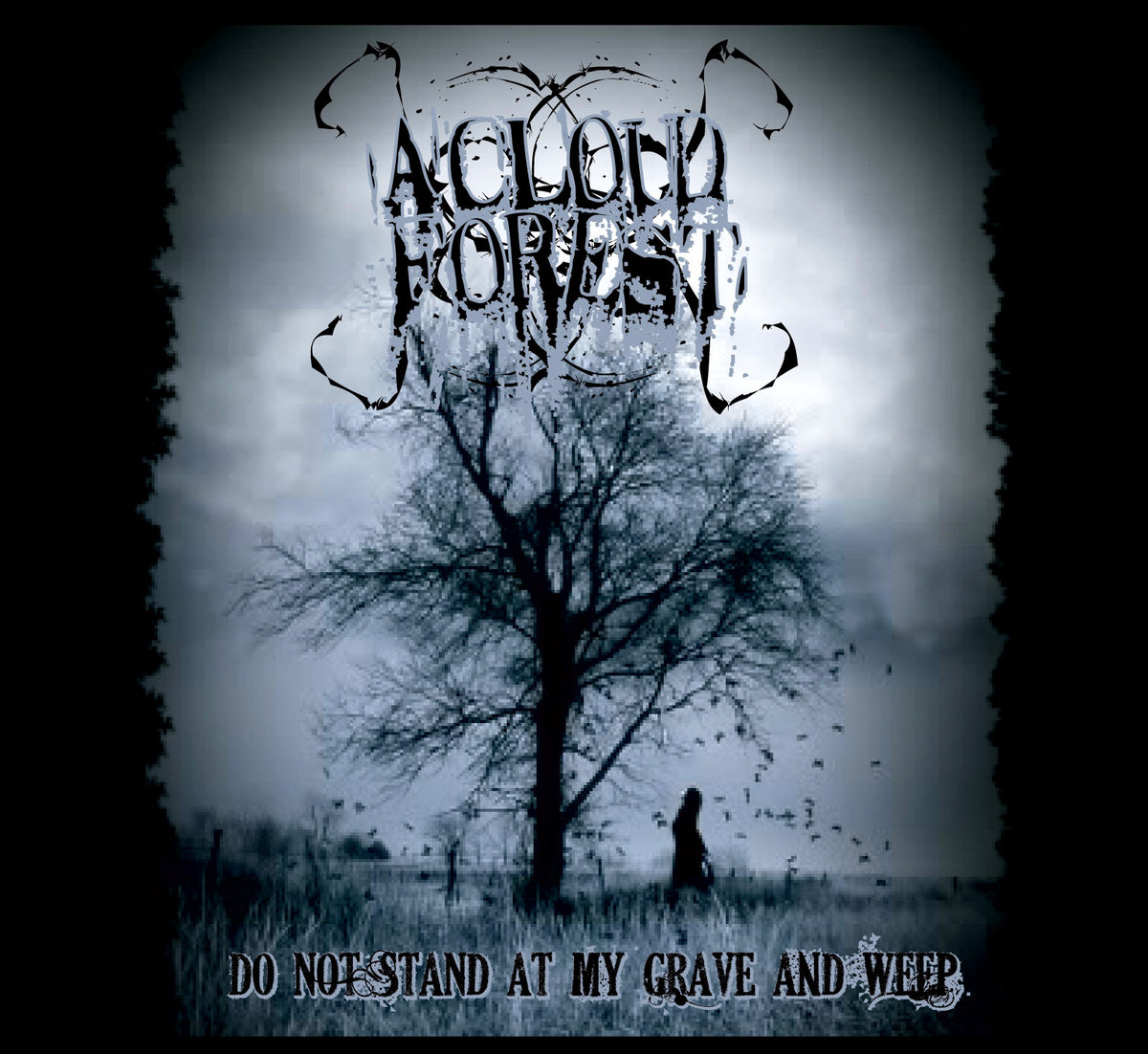

What Ishmael soon finds out, however, is that the new boy, James Scobie, has a remarkable power: he is totally immune to fear. There is no safety in numbers when bullies take on the weak it only multiplies the attacks. When an odd boy arrives in the class – small, with a conspicuous facial tic and precocious vocabulary – and Ishmael is allocated to look after him, he fears the worst. And sure enough, the outing of the book’s title gives the bullies even more ammunition. Ishmael had wisely kept the origins of his name, chosen in a bizarre unfolding of events in the maternity hospital when he was born, a secret.

It only gets worse when a sympathetic young English teacher, Miss Tarango, arrives at the start of the year and admires the name, telling the class it comes from Herman Melville’s famous novel Moby Dick. Fishtail le Sewer, le Spewer, Manure, they call him, and much more.

The class bully, Barry Bagsley, and two of his acolytes make mincemeat of Ishmael’s name. It becomes a narrative of a particularly challenging school year. The book is in the form of a journal, written in the first person and kept by the protagonist, fourteen-year-old Ishmael, to help him understand the problems his strange name has created for him. That is what the protagonist is called in Michael Gerard Bauer’s young adult novel, Don’t Call Me Ishmael!. So imagine a kid in a rough-and-tumble Australian boys’ school having a name like Ishmael Leseur. But where bullying does occur, it can potentially leave scars for life. In fact, two kids at the top of the social pecking order there carried a Greek and an Italian name. It’s not inevitable: I never copped it for having a foreign name, though I went to an overwhelmingly Anglo-Saxon school. In a school where Class A bullies rule, the results can be devastating.

IT’S NOT EASY having a weird name, as many teenagers with foreign or experimental parents can attest – or unusual looks, or a stutter, or being too fat or too skinny, or shy, or any other characteristic that marks a child out from a very narrow mainstream.


 0 kommentar(er)
0 kommentar(er)
